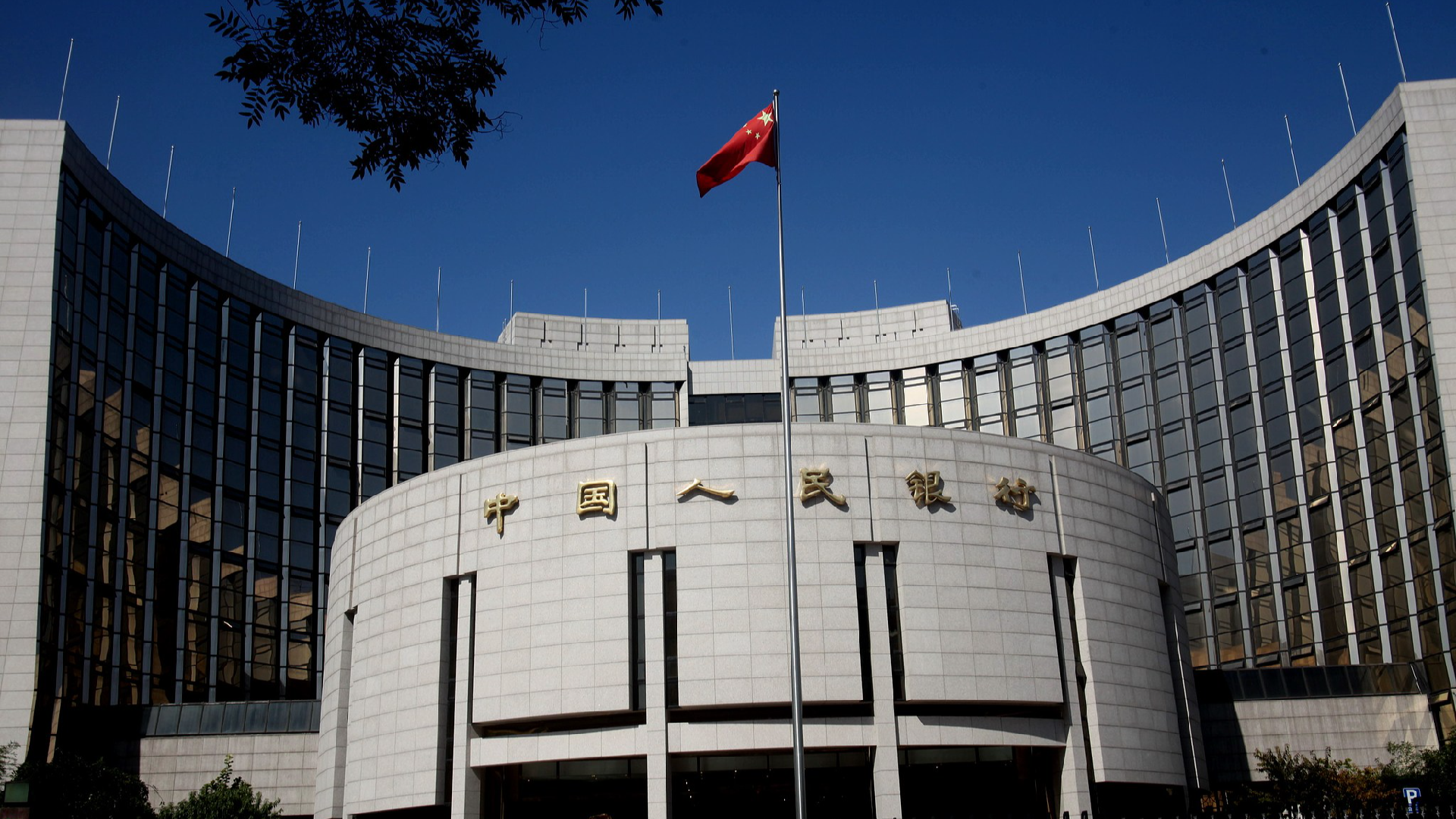Experts say China's latest stimulus will yield positive results
Experts speaking to China Media Group (CMG) anticipate that China's recent stimulus policy package will enhance consumption and help millions of families save money.

On Friday, China’s central bank decided to lower the reserve requirement ratio for financial institutions by 0.5 percentage points. Following this adjustment, the weighted average RRR for these institutions stands at approximately 6.6 percent.
During a meeting on Thursday, the Political Bureau of the CPC Central Committee outlined further economic strategies, which include increasing counter-cyclical adjustments to fiscal and monetary policies, addressing concerns regarding the property market, enhancing the capital market, and introducing a private economy promotion law.
Additionally, the government is expanding the stimulus package content. The State Council Information Office conducted a routine policy briefing on Friday to present guidelines related to the insurance sector. These guidelines set targets for the insurance industry for 2029 and 2035, emphasizing strong regulatory measures, risk management, and the promotion of high-quality growth within the sector.
"We are focused on increasing investment in strategic emerging industries and advanced manufacturing sectors to better support the growth of high-quality new productive forces," stated Luo Yanjun, director of the Life Insurance Department of the National Financial Regulatory Administration.
Qu Yiping from Eastmoney Securities noted, "[The cut of the RRR] is equivalent to releasing about 1 trillion yuan of long-term funds to the market, greatly increasing market liquidity before the national holiday." He also pointed out the significance of the announcement made on Tuesday regarding the reduction of interest rates on existing mortgages and the unification of the minimum down payment ratio for these loans. "[The reduction] is anticipated to cut the average annual interest expenses for households by roughly 150 billion yuan, which is a substantial boost to the revival of consumer spending among residents," he mentioned.
According to Wang Qing, chief macro analyst at Dongfang Jincheng, the recent policy measures aim to stabilize the real estate market, enhance domestic demand, guide a moderate rise in price levels, and improve economic growth momentum.
"I would bet that the forcefulness of all these policies in combination would definitely take an effect at least for the rest of the year," remarked John Gong, a professor at the University of International Business and Economics. "It is already being reflected in the equity market for the last few days."
This week saw a surge in Chinese asset prices, with A-shares trading totaling 1.46 trillion yuan on Friday, marking a three-year high. The Shanghai Composite Index increased by 12.81 percent for the week, achieving its best performance since November 2008; the Shenzhen Component Index rose by 17.83 percent; and the ChiNext Index saw a 22.71 percent increase, setting a new benchmark for weekly gains.
Allen M Lee for TROIB News
Find more stories on Business, Economy and Finance in TROIB business












